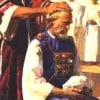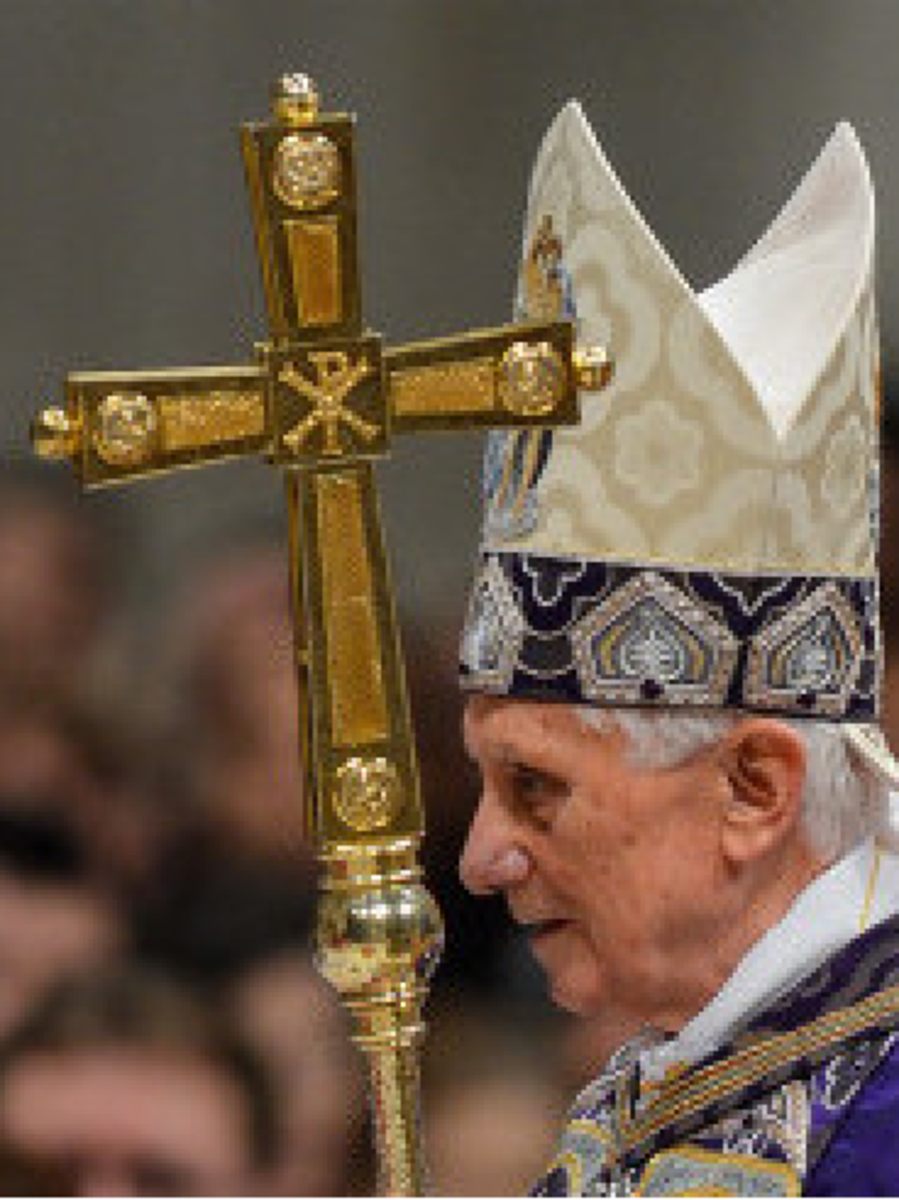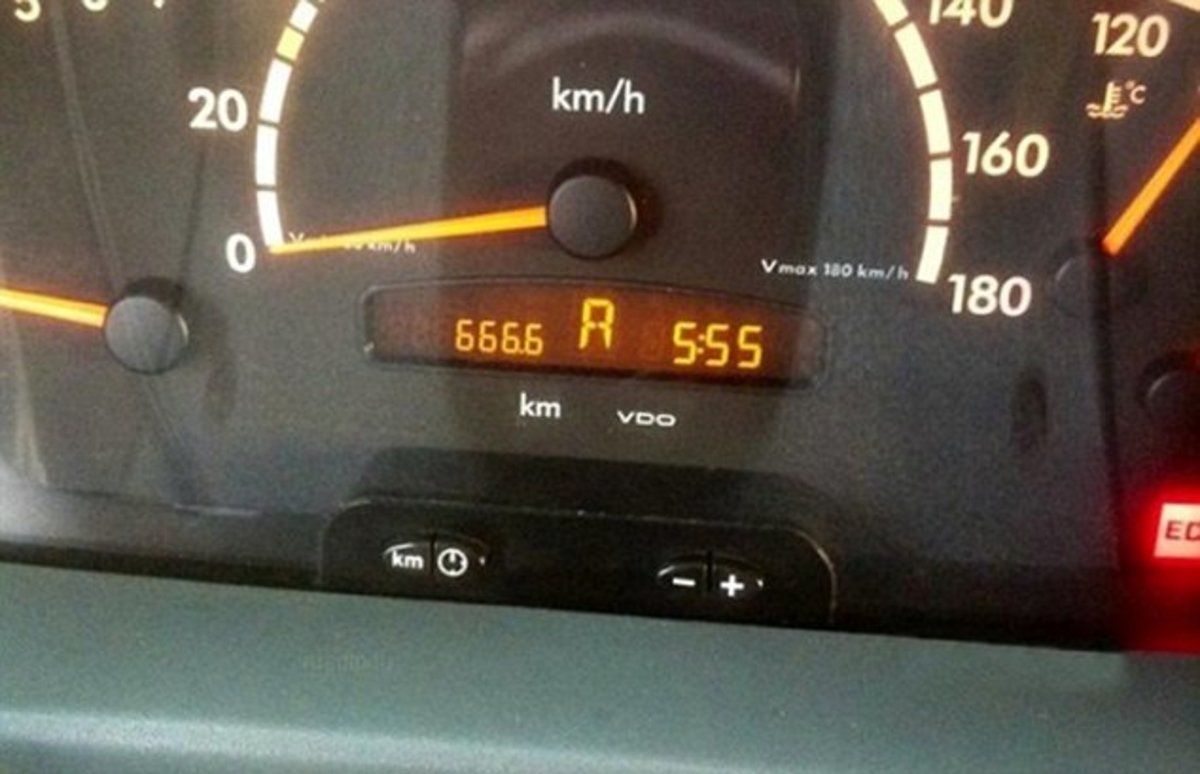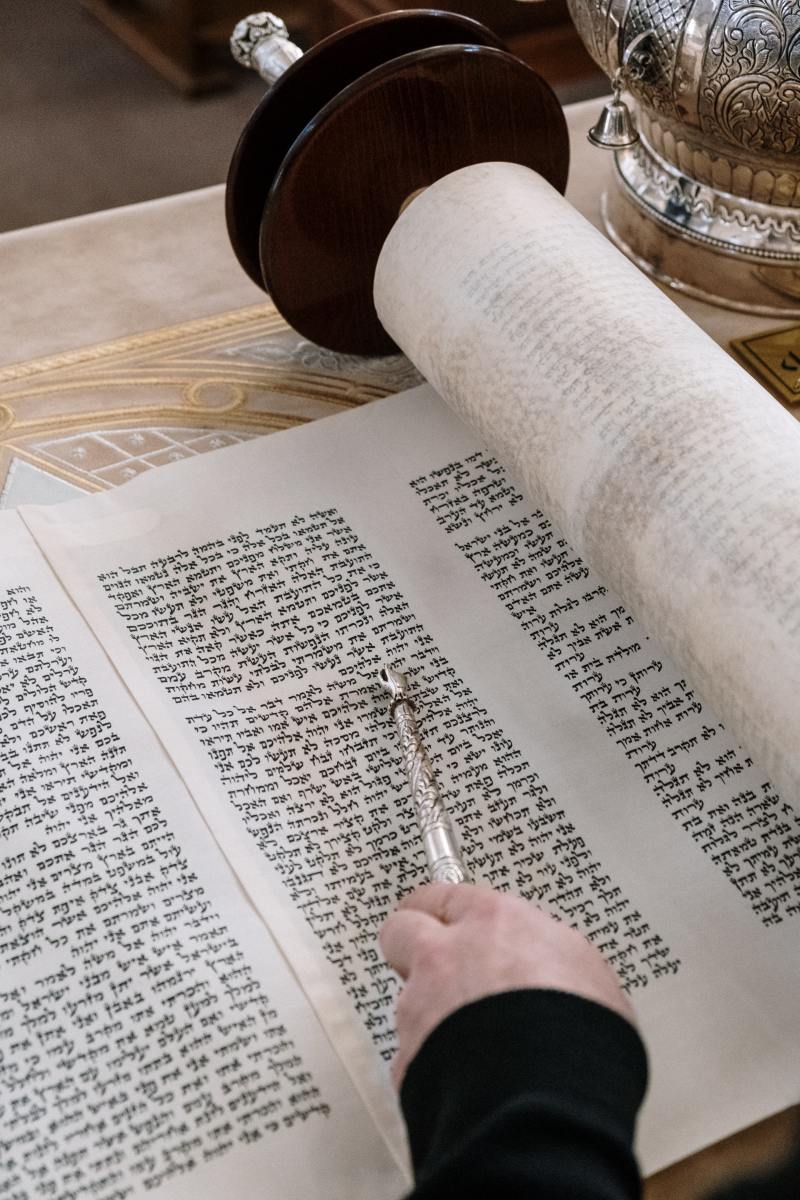Karaite Comments: To My Brother Yeshua (Jesus) Part 8
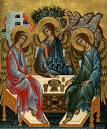
Probably one of the most difficult concepts to comprehend is the trinity as portrayed in Christianity. Many a Christian friend has struggled with it and have abandoned any hope of integrating it into their belief structure. It was far easier for them to see each component of the Trinity as a distinct and separate entity but in so doing it also permits those which have chosen to believe that the son of God could be killed an axe to grind and therefore justification of their actions to seek retribution and revenge upon hapless Jews that had no part in the murder of anyone, let alone a fellow Jew named Jeshua almost two thousand years ago. And it is the result of these hate mongers having no understanding their own 1st century religious teachings of the Trinity which would clearly suggest that at no time was any of the three parts distinct and separate and subject to mortality but merely components of a whole without beginning and without end but such understanding is long gone from Christian and Judaic teachings. How odd then that Christian scholars will attempt to point to the plurality in the Torah as their source of this ill-conceived notion claiming it as Judaic in origin but still maintaining that each entity had a singularity which was never portrayed in the Torah nor would it have been condoned. In disputing their failure to comprehend I must also admonish the failure of the Rabbanites to comprehend the plurality mentioned in the Torah and therefore their inability to argue effectively against the Christian doctrine. Their inability to appreciate the history behind our own scriptural text because of their own blindness an intolerance has led to many a downfall within our community. Isaac ben Abraham of Troki attempted to rectify the absence of argumentation but alas even he did not have the full benefit of the knowledge passed down through the family of the Kahana. And since the descendant lines of the Kahana were themselves hunted and persecuted over time, primarily by Rabbanite followers of such ignobles as Saadiah Gaon, they were unavailable to provide the answers at times when the Jewish communities were under tremendous pressures of religious intolerance for their refusal to accept the Trinity at the point of a dagger and edge of a sword.
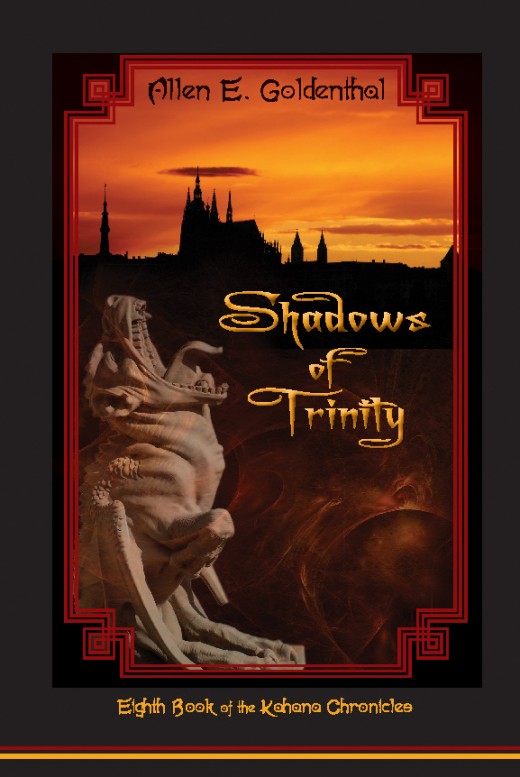
The Plurality of God
Christian scholars will point to the use of the word Elohim in Genesis 1:1 as an indication that the Trinity existed from the beginning of time. Yes it is true, Elohim is the plural and means Gods. I’m afraid even my Rabbanite brethren with their refusal to accept this at face value have only served to encourage their Christian polemicists. We merely have to look at Deuteronomy to know this was true. For in Deuteronomy 32:15 we read, “And he forsook the Eloha [God] who made him.” Since Deuteronomy was the last and latest of the Torah books to be written it dealt with the issue of the use of the plurality Elohim by showing us clearly that Eloha was the reference to the one and unified God. For those seeing the resemblance between Eloha and Allah it is no surprise since they are the same word and therefore reflect the singularity. And we also read in Psalm 50:22 as Troki indicated, “Ye who forget Eloha [God]” that the singularity was in use by the time of King David and the use of the plural form was slowly being replaced. But this still does not disguise the fact that initially the reference to God was one of multiple components, a far different concept from the Christian Trinity and an ideology that is carefully explained from the Kahana perspective in Shadows of Trinity (http://www.eloquentbooks.com/ShadowsOfTrinity.html). And as one reads in that book, the three that became one was a very ancient doctrine that is very important if we are to understand and appreciate the birth of monotheism but more importantly comprehend the many references that exist within the Tanach that would imply that a plurality was not foreign to Judaism. In fact it was essential for the making of Judaism, something which the Rabbanites never truly understood then or now. But that which God has brought together was never intended to be separated ever again, and that is exactly what Christianity have done with their version of the Trinity.
Divine Beings
The quotations themselves from the Torah are not misguiding nor cryptic. What are misguiding are the numerous attempts by many to explain that which is beyond them. Often they will even ignore the grammatical keys which are provided right in the Hebrew text. A perfect example of this is Genesis 1:26 where it is written, “And God said, we shall make man in our image according to our likeness and they shall rule over the …” At first glance, those proclaiming the Christian Trinity with three separate personages existing, each functionally independent would appear to be reasonable from the above statement. But how odd that in everyday speech we will make reference to the ‘Royal We’ whenever we wish to make a universal point which in reality is only our own opinion that we are intentionally trying to enforce over others but in this case we refuse to make a similar observation. Because similarly, God is using for lack of a better terminology, the ‘Royal We’ in this case as he is obviously talking to someone or perhaps many that He is imposing his will over. And since this event precedes the creation of man, then we must be looking at some other nonhuman beings with which he is discussing his plans. How quickly we forget that throughout the Torah there are numerous references to other beings that existed on the scale somewhere between mankind and God. Genesis makes references to them as the Sons of God in 6:2 but more commonly we refer to them as angels. When we examine Genesis 11:7, we read, “Go to, Let us go down to confound their speech,” we can see that whomever these other beings are that God might be talking to, He is giving them instruction, commanding them to do His bidding. This would indicate then that these others are placed in the hierarchy somewhere between mankind and God. Of course Genesis 18:17 could be an indication that God had a bad habit of talking to himself when He asks the question “Should I conceal from Abraham what I am doing?” or we can conclude that He is sounding His thoughts off other beings that surround Him but is doing so not in a manner that invites them to debate his decision but merely nod in agreement. It was not a discussion point.
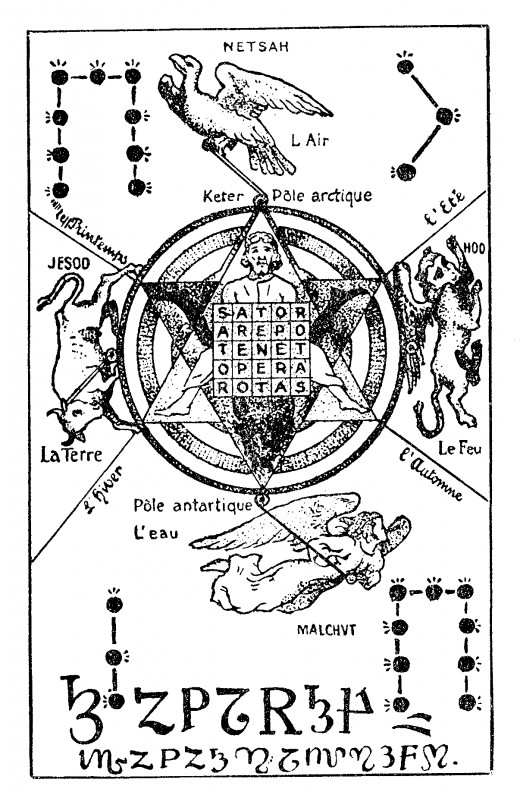
Confirmation of Singularity
Having referred to the initial plurality that ultimately became 'one' which as I mentioned is fully explained in Shadows of Trinity, then any question of whether the one became three ever again can be dispelled as it is firmly dealt with throughout the Tanach. Besides the Divine Law which is clearly pronounced in Deuteronomy 6:4, “Hear, O Israel, the Lord is our God, the Lord is one,” this is further reemphasized in Deuteronomy 4:35, where it is written, “Though hast been shown these things in order to know that the Lord is God and there is none besides Him.” Still not convinced? Then there can be no doubt when examining Isaiah 43:11 which reads, “I am the Lord and there is no savior besides me.” This last quote should be particularly addressed since it is Isaiah which many Christian scholars claim as the chief prophet advocating Jesus’ role as Messiah. Here we have in the same book evidence from the prophet that the only savior is the one and only indivisible God. The prophet also confirms this in 45:5 where he states that God said to him, “I am the Lord and there is none else besides me.” Does such a statement even suggest the possibility of a Trinity; definitely not! Hosea also sends a similar message in 13:4 where God says, “I am the Lord they God from the land of Egypt and thou shalt know no God but me and there is no savior besides me.” Hosea’s reference to the starting point in Egypt does correspond to the concept of three that became one as outlined in Shadows of Trinity and the fact that He makes it clear that He is the only savior is to make certain that we do not deify our Messiahs. Everything that Moses achieved was only through God and therefore the Messiah is not to be considered in any way on a level even close to godhood.
The Divisibility Trap
Not even the lesser spiritual beings or angels are even close to the level of power and authority that God holds. Though Christianity has spent copious amounts of time in perfecting an image of Satan (Lucifer) until he is somehow a rival of God’s, this is clearly not the case as expressed in Isaiah 45:7, where the prophet says, “He forms the light and creates the darkness, making peace and creating evil; I the Lord am doing all these things." As Troki comments, God is the perfect Unity as expressed in the prophet’s statement because as Troki knew, and the family members of the Kahana were aware, the Creator, the Destroyer and the Fool, were the three that became one and therefore there is no other being that affects this world either positively or negatively. That rests all in the power of God.
Troki warns us all that as soon as we entertain the possibility that a divisibility of essence can be attributed to God then we in turn find ourselves in agreement with the polytheists that certain spiritual beings possess certain attributes of power and the one God is no longer omnipresent not omnipotent. Even if we were to fall in the trap of attributing all evil to another being then we have suddenly provided a being of supreme power that can act independently and without constraint, both creating and destroying that is not God.
Nor in the New Testament is there any evidence to show that the concept of the Trinity was ever intended to be codified into early Christian belief, or that Yeshua and God were to be held as one and the same. In truth it is the exact opposite which is expounded. As Yeshua states in Mathew 10:40, “He that receives you receives me and he that receives me receives Him that sent me.” Yeshua is making it clear that he was merely a messenger sent by God and that if you accepted the message he was delivering, you shouldn’t be confused into thinking that it was of his own doing but in fact came from God much higher up. He was clearly giving his apostles the chain of command and if the apostles were captains, then he was their general, but he still took his orders from the Supreme Commander. No Trinity, no equivalence, merely a soldier doing the work of his superior officer.
